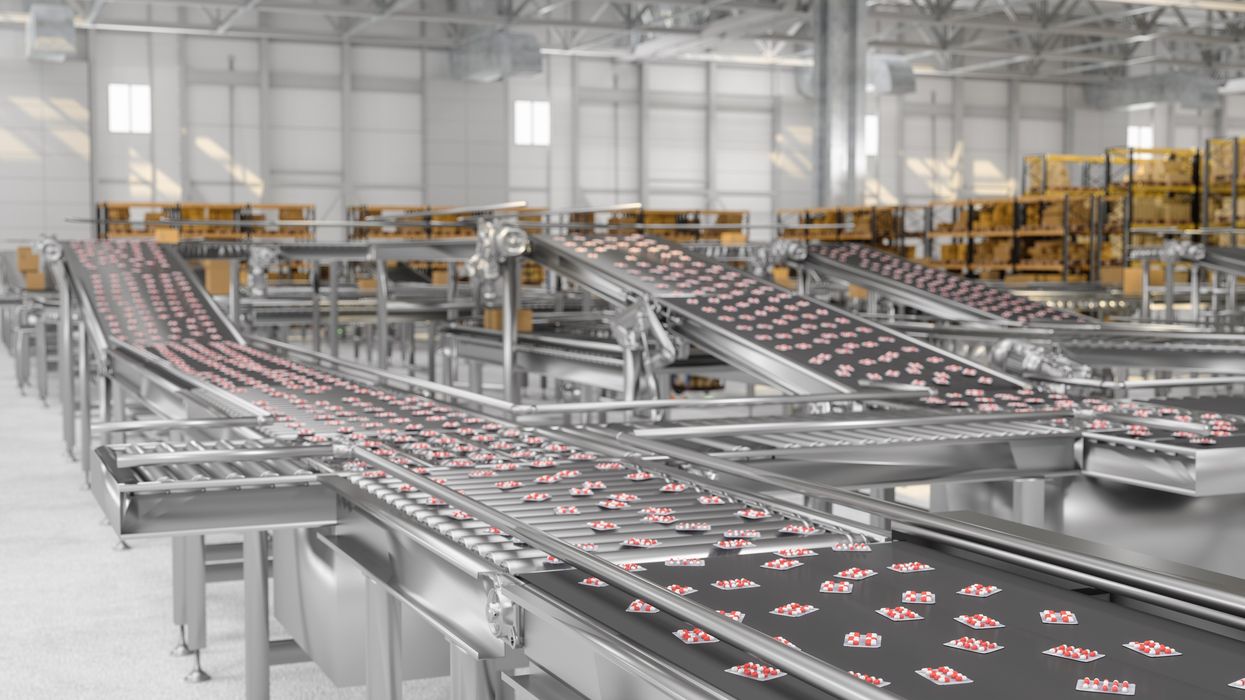The UK is facing “a worsening situation” with drugs shortages compared to the rest of Europe as a result of Brexit, according to the Nuffield Trust health thinktank.
It comes of the back of data that revealed that the department of health and social care (DHSC) received 1,938 notifications of disruptions to medicine supply last year – the highest in four years.
The Nuffield Trust has warned that patients are being put at risk with pharmacists finding some drugs such as those used to treat epilepsy and cystic fibrosis “hard or impossible” to source.
Last month, health minister Wes Streeting was urged by 45 MPs to call an urgent review into medicine shortages after the death David Compton, a 44-year-old man who fell and suffered a heart attack which has been linked to him not being able to get medication for epilepsy.
“This wave of medicine shortages has already meant people struggle to find the drugs their doctors told them were needed for conditions like epilepsy and cystic fibrosis. It’s very worrying that it appears to be rolling on at full force into a third year,” said Mark Dayan, a policy analyst at the Nuffield Trust and its Brexit programme lead.
“Elevated and troubling levels of medicine shortages are continuing, with no consistent sign of improvement. The UK has had the lowest import growth in medicines of any G7 country, driven by a reduction in EU imports.”
Research by Nuffield Trust showed that the UK has the lowest rise in imports of medicines of all G7 countries since 2010 and the total value of imports has fallen by almost 20 per cent since 2015, the year before the EU referendum.
The report suggested that this was “an indication of how medicine supply chains have shifted away from the UK,” with “little sign of a stable recovery since”.
Researchers said the evidence suggested that “new trade barriers related to Brexit are a likely explanation”.
However, they added that Brexit was one of many other issues that had to a global issue with medicines supply.
“EU member states face many of the same problems as the UK, driven by fragile supply chains, the disruption of war, the Covid-19 pandemic and a tightly competitive market for cheap, generic medicines,” said the report.
Last month, Malcolm Harrison, CEO of the Company Chemists Association (CCA) , told Pharmacy Business that a review of medicine pricing and the drug tariff was crucial to address increasing medicine shortages in the UK.
He has also emphasised the need to eliminate some of the red tape and operational complexities to maintain a resilient supply chain, ensuring that pharmacies and wholesalers can operate sustainably, and manufacturers and suppliers view the UK as an attractive market.
“Medicine pricing in the UK has been squeezed so much that the market is becoming unattractive, leading to medicine shortages,” he said.
He also called on the government to change legislation and allow community pharmacists to make minor adjustments to prescriptions when medicines are in short supply.
The Department of Health is currently reviewing this proposal.
Harrison stated that this proposal would reduce the need for patients to go back to prescribers for a new prescription.
“Anything that can help with medicine availability has got to be positive, obviously based on clinical needs," he said.
A DHSC spokesperson said: “This government inherited ongoing global supply problems, but we have robust measures in place to mitigate disruption for patients. We are strengthening our domestic resilience further by investing up to £520m to manufacture more medicines, diagnostics, and medical technologies in the UK.
“We are also working closely with the NHS, regulators and other key partners to cut red tape to grow our life sciences sector, and with international partners to bolster supply chains.”












